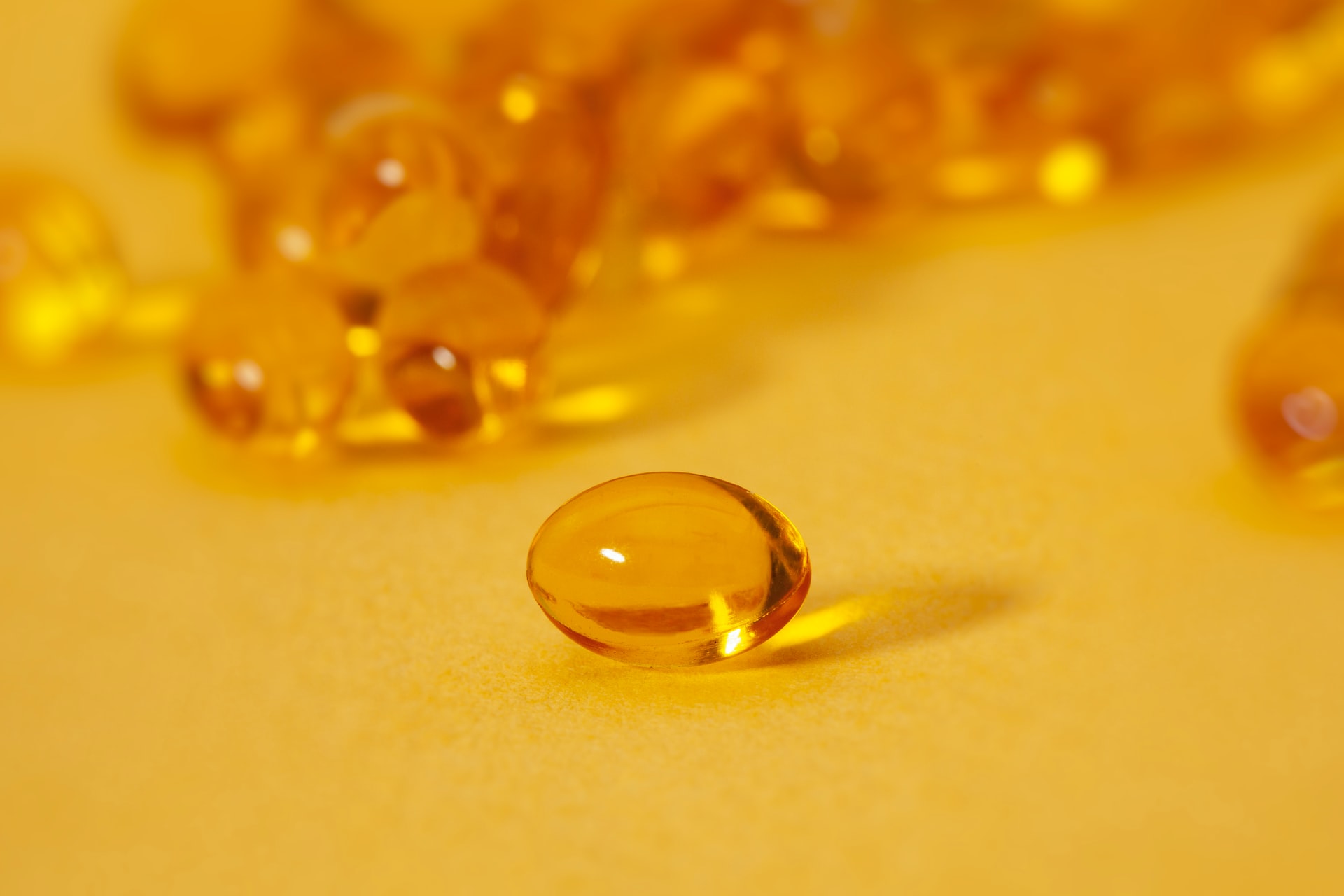In the pursuit of health, products that tout B vitamins as a way of giving us an energy boost may seem appealing.
After all, vitamin B12 is essential to our overall health. Doctors often recommend B12 to patients who experience low energy.
But here’s the kicker: B12 doesn’t give us any extra energy by itself. It’s just one of the many components of health that keep us running optimally.
We receive the largest portion of B12 from animal products. Therefore, the majority of people who are deficient in B12 are vegans or vegetarians.
However, individuals with certain conditions or diseases may also be deficient. Individuals with celiac disease or Crohn’s disease, those who are HIV-positive, patients undergoing chemotherapy, or those who take certain prescription medications are at the highest risk of B12 deficiency.
Symptoms of vitamin B12 deficiency
- Fatigue
- Low blood pressure
- Shakiness
- Muscle weakness
- Incontinence
- Stiff muscles
- Mood disturbances
In the most serious cases, patients experience megaloblastic anemia, a chronic disorder in which the bone marrow produces blood cells that are immature and overly large, leading to a deficiency in healthy red blood cells.
Debunking the rumors
It’s easy to fall into the media trap that claims vitamin B12 will boost concentration, energy, mood and memory. Luckily, we have scientists and doctors who have looked into these claims.
In her testimony before Congress in 2008, Susan B. Shurin, M.D., the deputy director of the National Heart, Lung, and Blood Institute of the National Institutes of Health debunked claims surrounding vitamin B12.
“A vitamin is a chemical substance that is required for a particular chemical reaction to occur in the body, but is not synthesized by the body, and therefore needs to be included in the diet,” Dr. Shurin said.
Vitamin B12 doesn’t give us an energy boost; it helps our bodies to absorb the correct amount of energy from food. If we’re deficient in B12, a supplement isn’t going to magically make us feel better right away.
According to Dr. Shurin, it can take upwards of five years for a person to develop a deficiency of vitamin B12 after a major diet change, such as moving from an omnivore diet to a strict vegan diet.
Likewise, it can take several months for people with vitamin B12 deficiency to feel better after supplementing their diet.
The only way to detect a B12 deficiency is through a blood test conducted by a health-care practitioner. In other words, if you’re feeling run down, in all likelihood, it’s due to another cause, like not getting enough rest.
As with many vitamins, a well-rounded diet is the best way to ensure that you have enough vitamin B12 in your system: eggs, fish, meat and dairy products are the best sources of vitamin B12.
What does vitamin B12 do in the body?
In her congressional testimony, Dr. Shurin pointed out that vitamin B12 serves some important biological functions.
“Two of its most important roles are in the production of components of DNA and the proper functioning of different parts of the neurological system.” She also stated that “normal function of cells throughout the nervous system and spinal cord also requires vitamin B12.”
Dr. Shurin offers this warning about supplements and vitamins: “Although manufacturers and distributors of dietary supplements must have substantiation for the claims they make [to the FDA] for their products, there is no pre-market approval requirement for dietary supplements or many of the claims they make.”
Overall, claims made about vitamin B12’s ability to boost energy levels, mood, concentration and memory are only true for people who are already deficient in vitamin B12, according to Dr. Shurin.
She states, “There is no evidence at all of those clinical benefits when the vitamin is given to persons who are not deficient. Vitamin B12 is not toxic when given to non-deficient persons — it is simply excreted in the urine.”
So if you find yourself reaching for an energy drink because it says it provides your body with vitamin B12, you might want to think twice.
There may be other ingredients in the drink that you’d rather not have in your system, and the B12 is likely to exit your body anyway without adding much benefit to your health.


